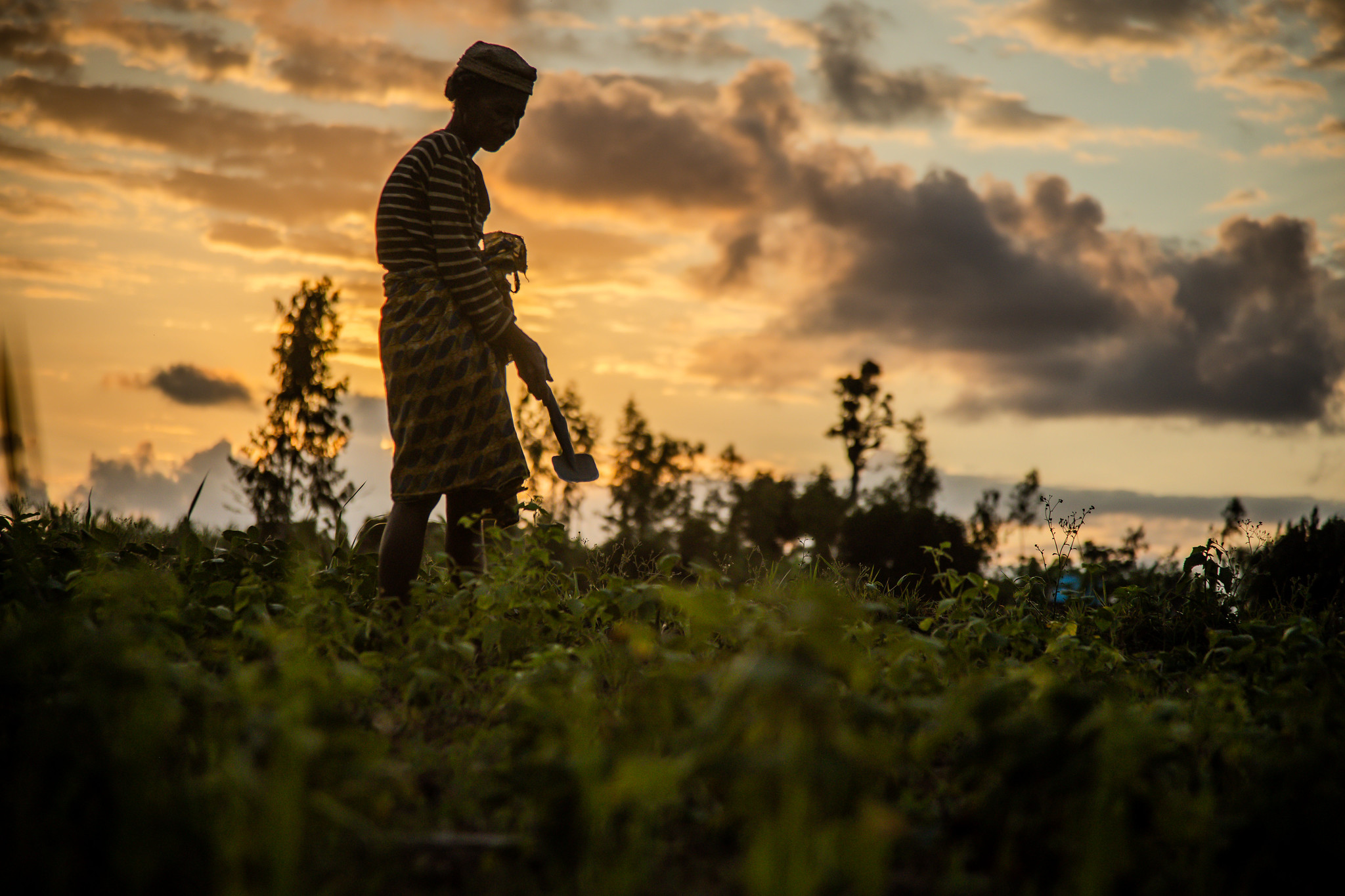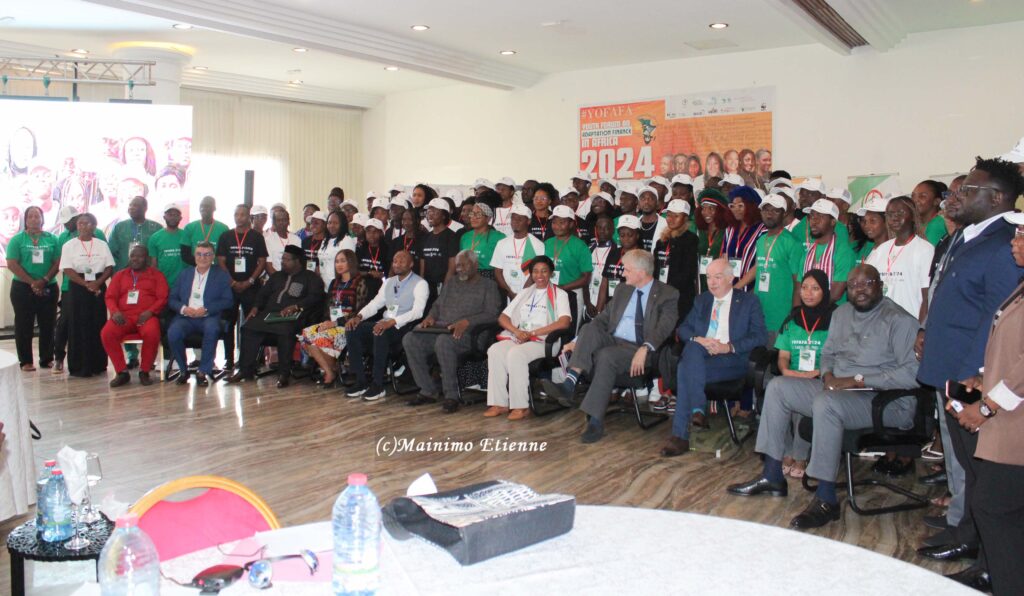By Etienne Mainimo Mengnjo
Some 28 journalists from across Cameroon have been equipped to tell in-depth stories about climate change adaptation. This was the outcome of a three-day training for journalists and online content creators held from October 24 to 25 in Yaoundé. The training was organized by the African Coalition for Sustainable Energy and Access (ACSEA).
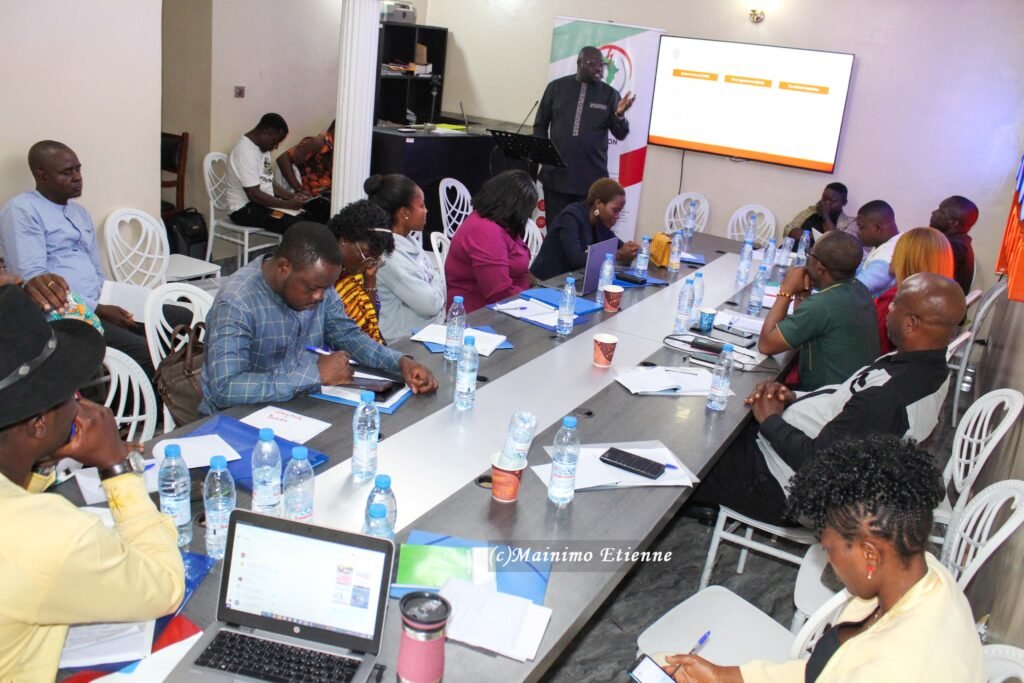
The training aimed to enhance the capacity of journalists to report effectively on climate change adaptation. According to the organizers, this critical topic requires accurate, impactful storytelling to raise awareness and drive action.
In Cameroon, where the impacts of climate change are increasingly evident, ACSEA said there is a pressing need to cultivate a cadre of skilled journalists who can convey the complexities of climate change adaptation and the urgency of addressing loss and damage.
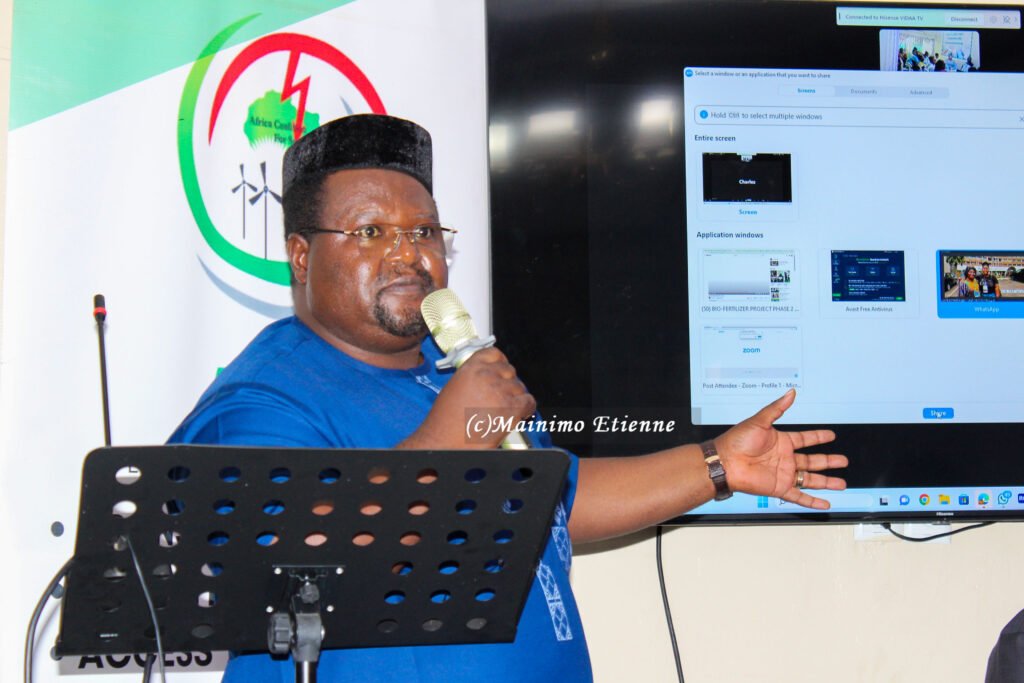
The training included a combination of presentations, group discussions, and interactive sessions designed to improve participants’ understanding of climate change basics, local adaptation efforts, effective reporting techniques, and the role of media in climate action.
Speaking at the end of the training, Dr. Augustine B. Njamnshi, Executive Director of ACSEA, commended the level of discussion and urged media professionals to lead the awareness of climate change adaptation in bridging the gap.
He pointed out that, despite the growing importance of climate resilience, there remains a significant gap in the media landscape for in-depth, informed, and engaging coverage of these topics.
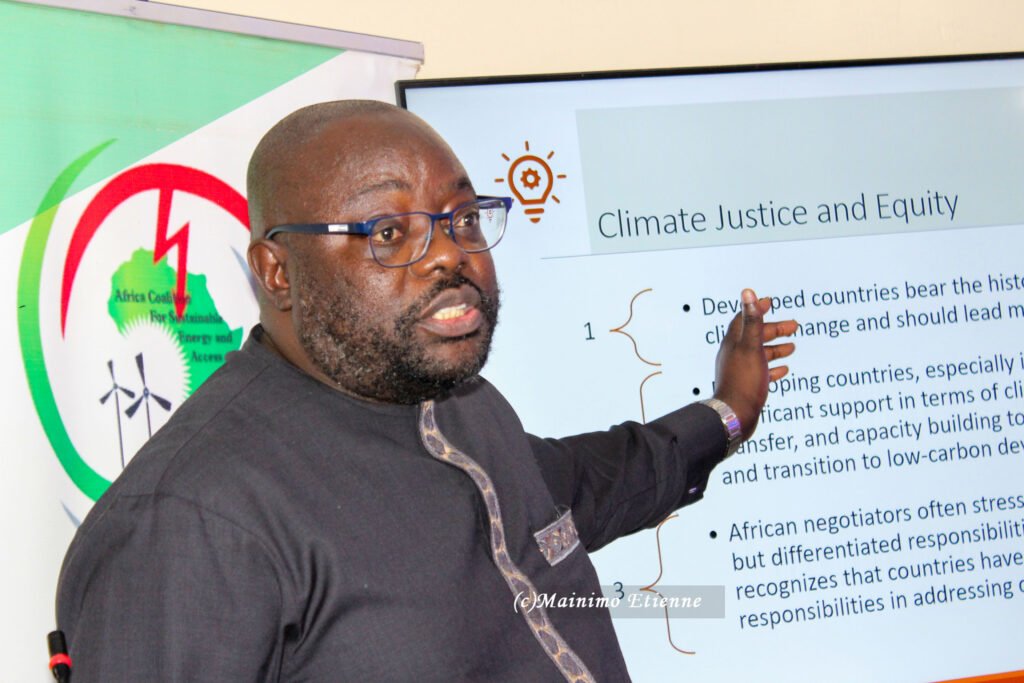
“We have set out to demystify climate change and climate justice, and we believe this should be understood by everyone,” he said, adding that, “Especially those on the frontline of the fight against climate impact.”
He stated that, “Climate change reporting and climate change debates have been Northern-centric, presented from the perspective of developed countries. With the stories of frontline communities in developing countries bearing the brunt of climate change impacts often untold. And when they are told, the angle is that of the victim-oppressor.”
Eugene Nforngwa, Programs Manager at ACSEA, noted that this project will help to equip journalists with the knowledge and skills to produce high-quality reporting that can inform policy decisions, inspire community action, and amplify the voices of those most affected by climate change.
“This training is crucial for fostering a well-informed public discourse on climate change and developing effective adaptation and mitigation strategies in Cameroon,” he said.
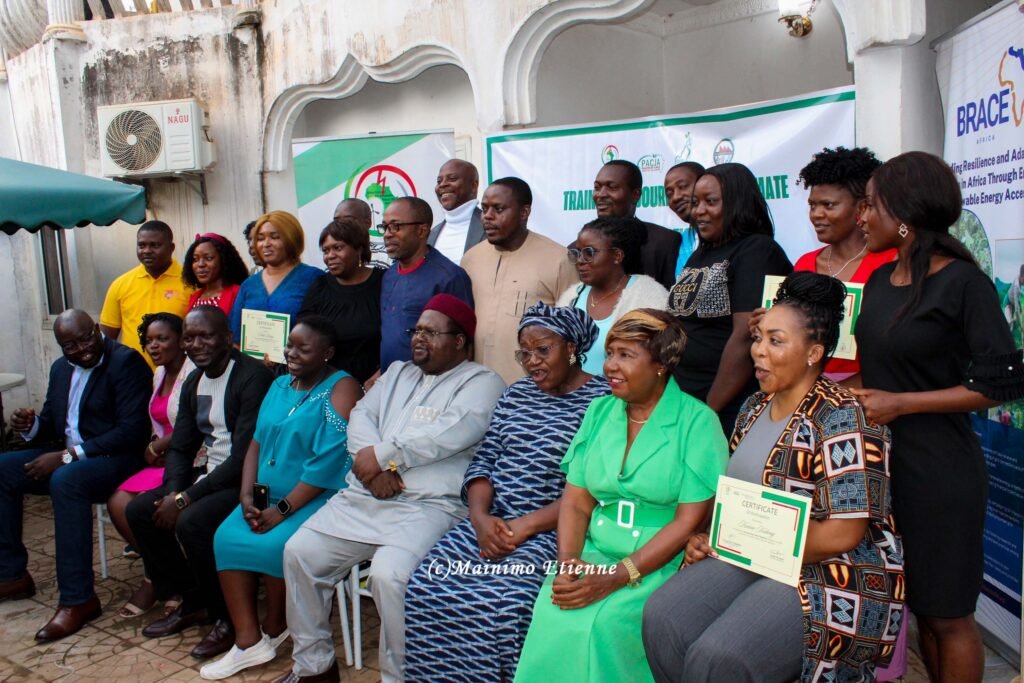
He added, “There are many underlying currents in the climate change debate, which are sometimes shaped by the perspectives of different interests; with the African narrative often missing. Journalists, therefore, needed to be brought to a point where they can not only elevate African narratives but also participate in changing the narrative around climate change and climate adaptation issues to favor Africans.”
During the seminar, facilitators and participants discussed local adaptation efforts in Cameroon, community-led initiatives, as well as challenges and success stories. Effective reporting techniques, including storytelling methods, interviewing vulnerable individuals, and fact-checking and accuracy, were also covered.
The seminar also provided an opportunity for participants to examine the role of media in climate action, including ethical responsibilities, advocacy through journalism, and amplifying local voices.
